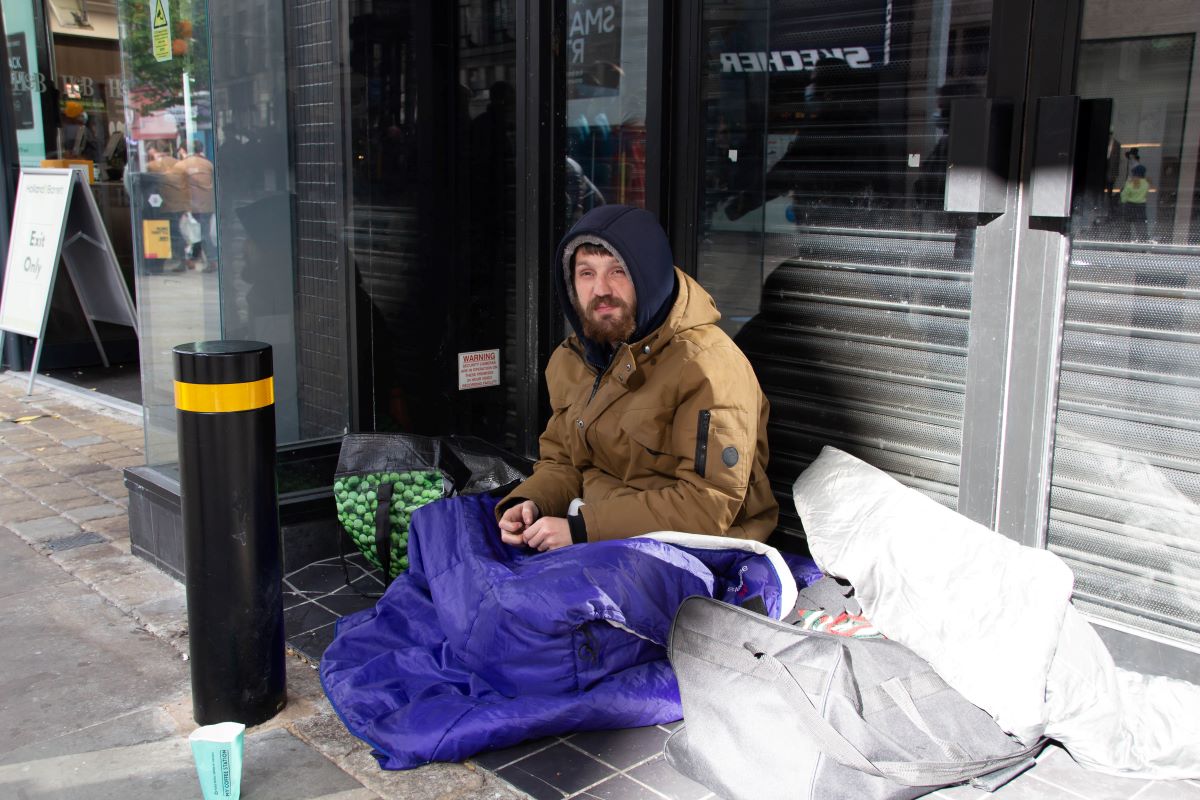The UK government has abandoned Suella Braverman’s plans to criminalise rough sleeping after a Tory backlash, opting for revised legislation focusing on support services amid outcry from homeless charities. Here’s the full story.
Unexpected Turnaround
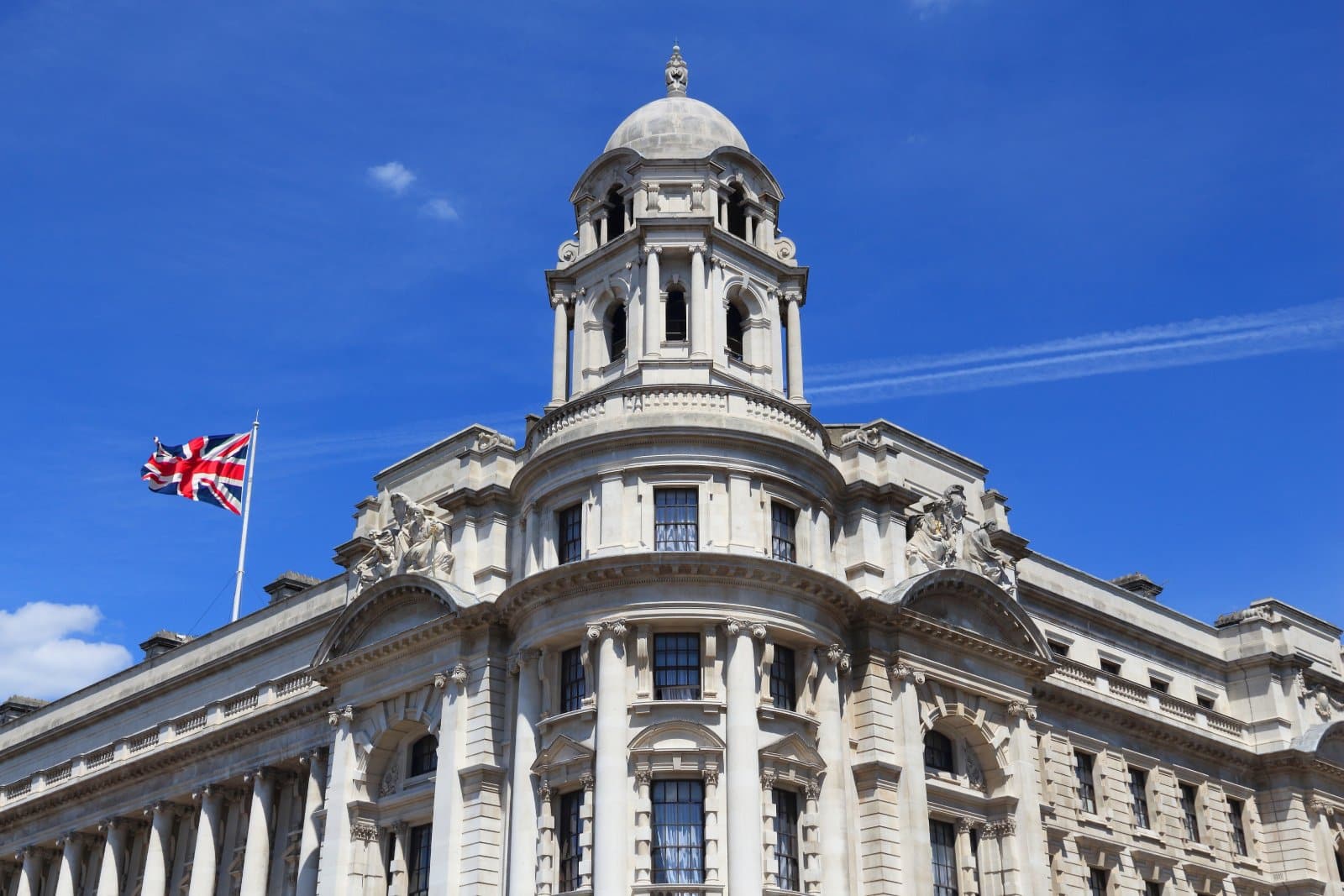
In an unexpected turnaround, the UK government has backtracked on its controversial plans to criminalise homeless people after a sustained period of criticism from Conservative MPs.
Offensive Smells

The plans, which were initially proposed by disgraced former Home Secretary Suella Braverman, who was fired after calling on police to crack down harder on anti-war protesters, aimed to provide police with even more powers to move on rough sleepers who were deemed a nuisance or offensive due to how they smelled.
Conservative Conscience
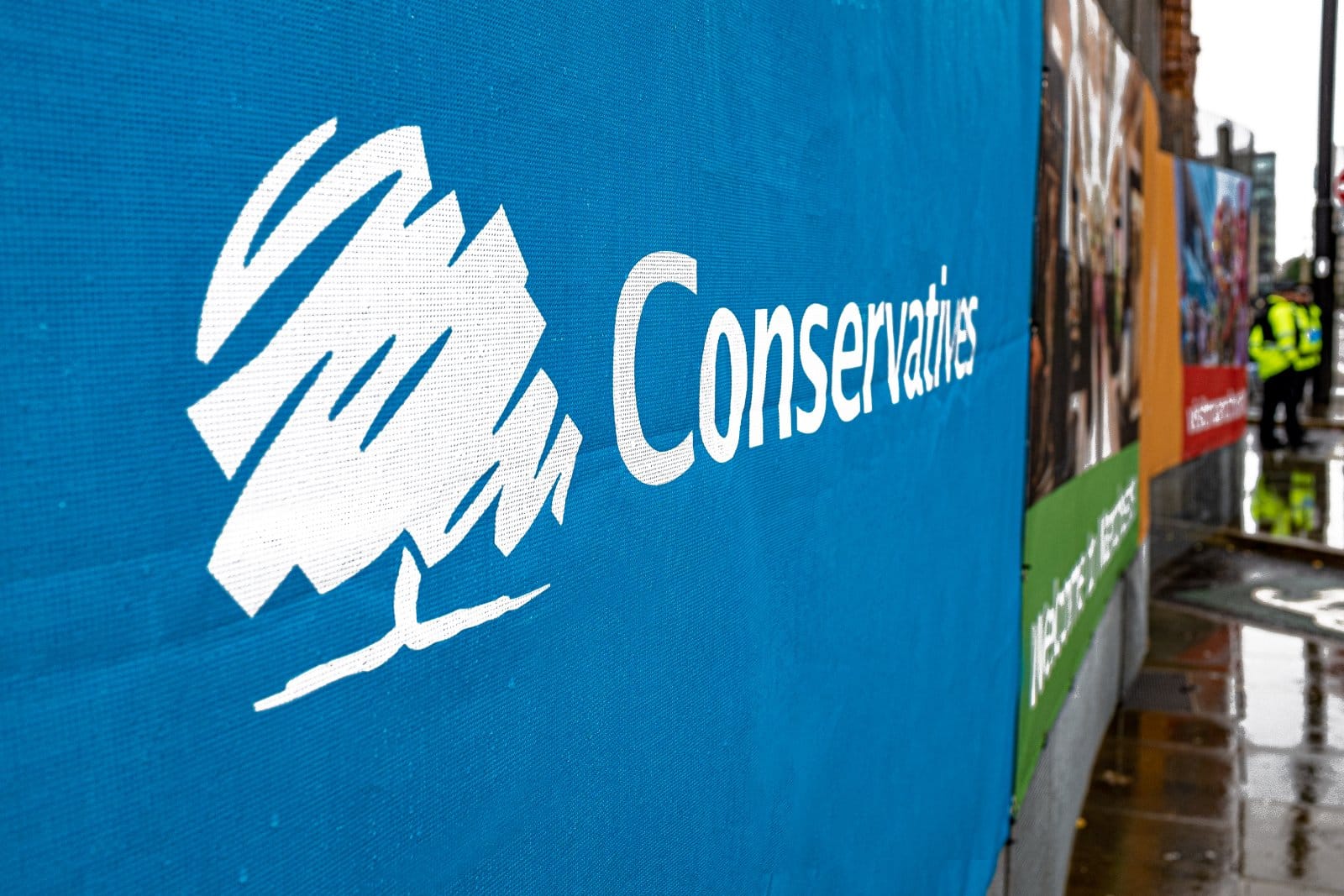
In a rare instance of the Conservative party’s conscience showing through, the proposal, which outraged homeless charities, sparked a near rebellion among Conservative MPs, who threatened to join with opposition MPs to water down the plans if their demands were not met.
£2,500 Fine

Under Braverman’s original plan, police would have been given new powers to move on homeless people, as well as potentially jailing them for up to a month or fining them up to £2,500 should they fail to comply.
Cruel, Dehumanising and Potentially Racist
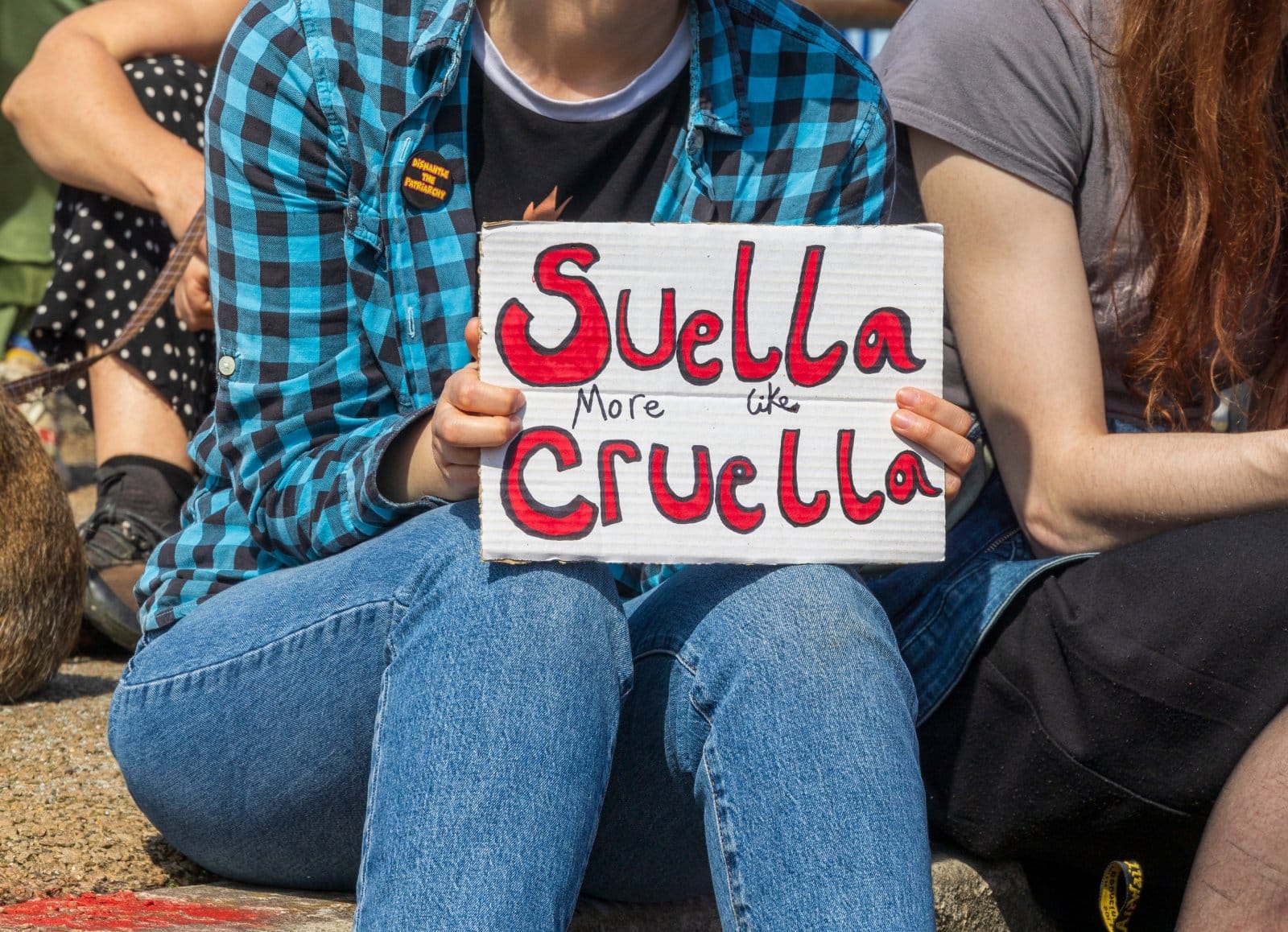
Despite the inconsistencies inherent with fining people who are forced to sleep on the streets, at the launch of the policy, Braverman was unrepentant when she made remarks about the unhoused, which were widely regarded as cruel, dehumanising and potentially racist, stating, “We cannot allow our streets to be taken over by rows of tents occupied by people, many of them from abroad.”
“Lifestyle Choice”

Braverman also received considerable pushback, even from some of those within her party, when she claimed that being homeless was a “lifestyle choice.”
Diluting the Provisions

Following Braverman being fired from the Home Office, mounting opposition to Braverman’s bill forced the government to dilute the provisions outlined in the new Criminal Justice Bill.
“Smells”

For one, the new police powers to remove people based on “smells” have been scrapped, though the Home Office attempted to clarify that it did not refer to rough sleepers’ inability to wash but more to human waste.
Yet Another Clarification
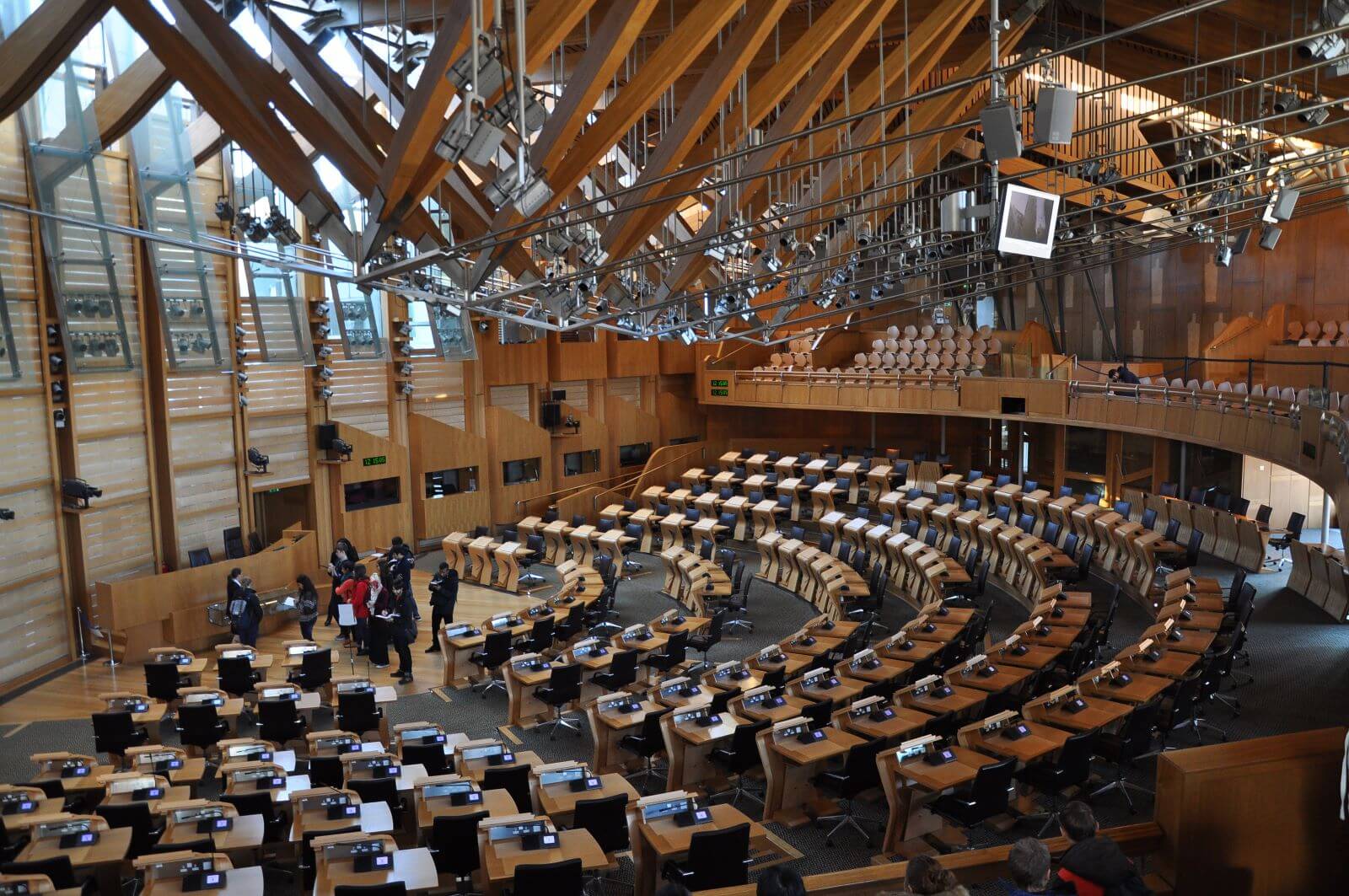
Despite the clarification, the whole reference to smells has been removed, and the government was forced to issue another clarification.
“Ending Rough Sleeping”
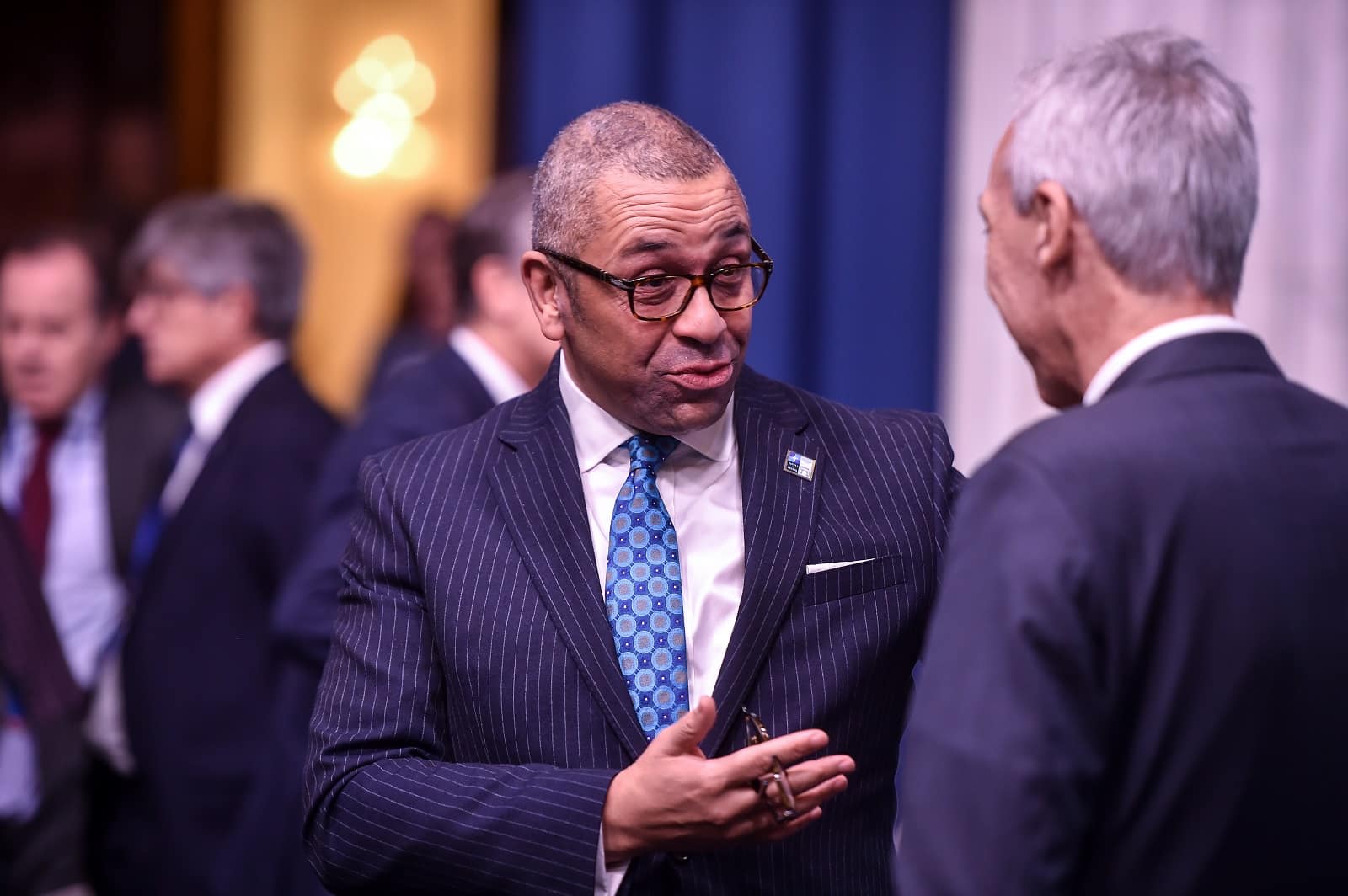
James Cleverly, the most recent in the revolving door of Home Secretaries, stated, “This government is committed to ending rough sleeping. To achieve this, we must take a multifaceted approach that supports vulnerable people off the streets and ensures everyone can feel safe in our neighbourhoods and communities.”
“Supporting People”

He continued, “We are scrapping the outdated Vagrancy Act and replacing it with new measures that focus on supporting people, while ensuring the police and local authorities are able to address behaviour that makes the public feel unsafe. This government listens, and we have worked hard to ensure these proposals prioritise helping vulnerable individuals, whilst ensuring communities are safer and better protected.”
Running on Empty
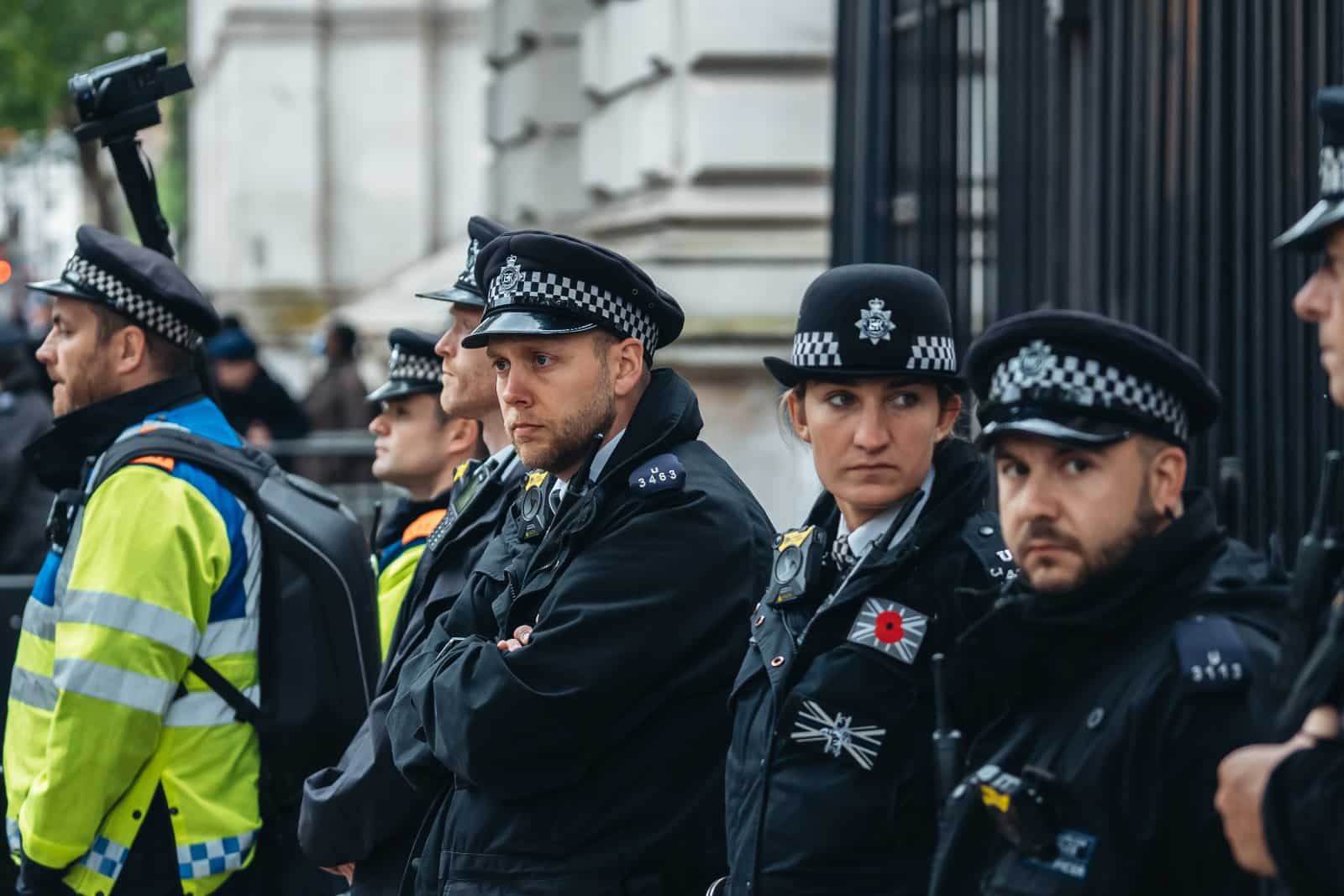
Police will now have to direct rough sleepers to local support services before they can move on anyone left with no choice but to sleep on the street, but at a time when local councils are struggling with budget cuts, there are few indications that many such services will be given more support.
“Nuisance”
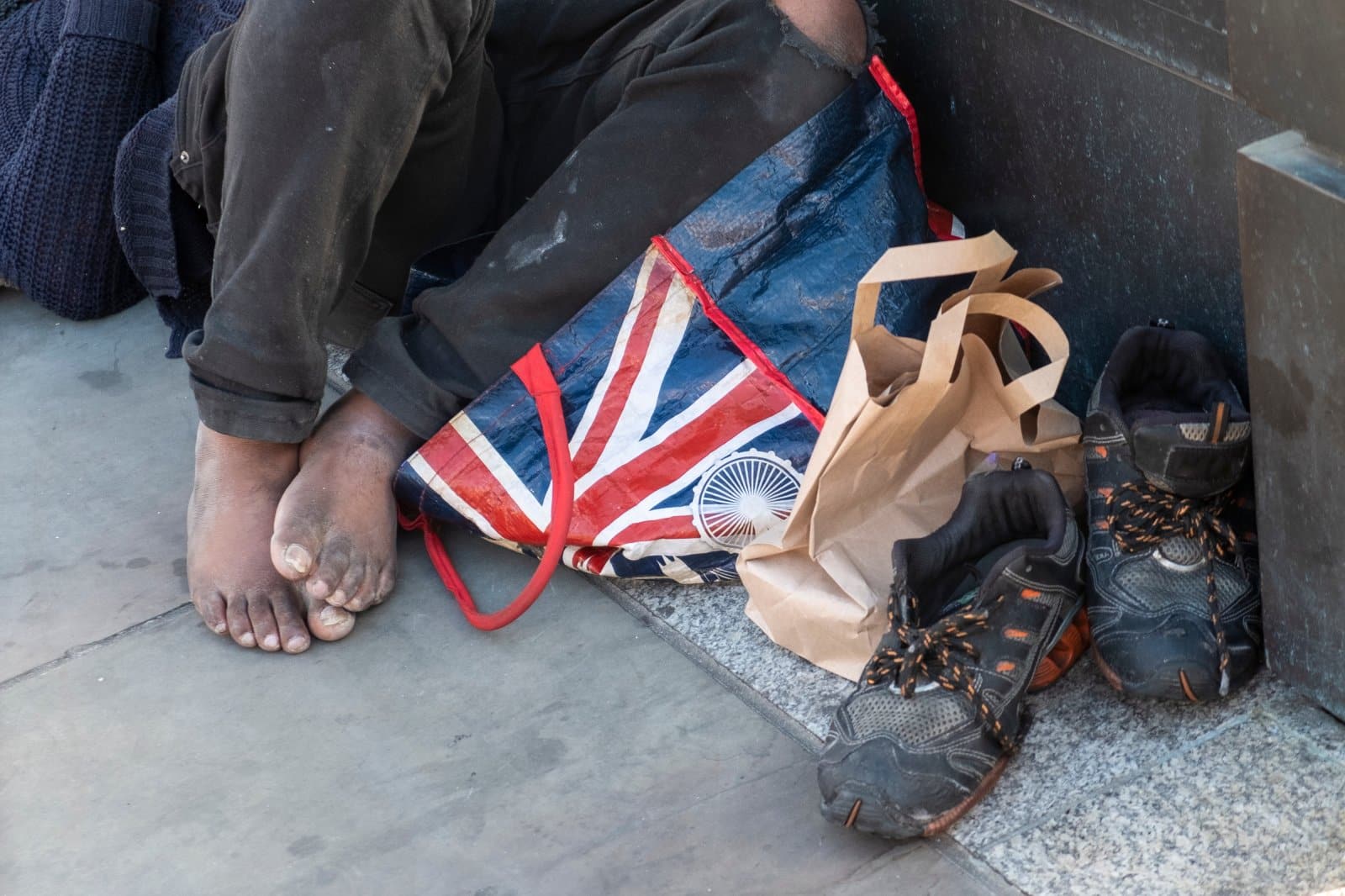
However, homelessness charities are still not happy with the concept of homeless people being regarded as a “nuisance” in the legislation, even though the bill does make clear that this aspect is only regarding damage to property or the disruption of a business.
“These Powers Are Not Needed”

Homeless charity Crisis’s chief executive, Matt Downie, stated, “We have said time and time again that these powers are not needed. If the Westminster government really wants to end rough sleeping, then it should focus on the things we know work – such as building thousands more social homes and increasing funding for support services like Housing First.”
“Never Be the Answer”
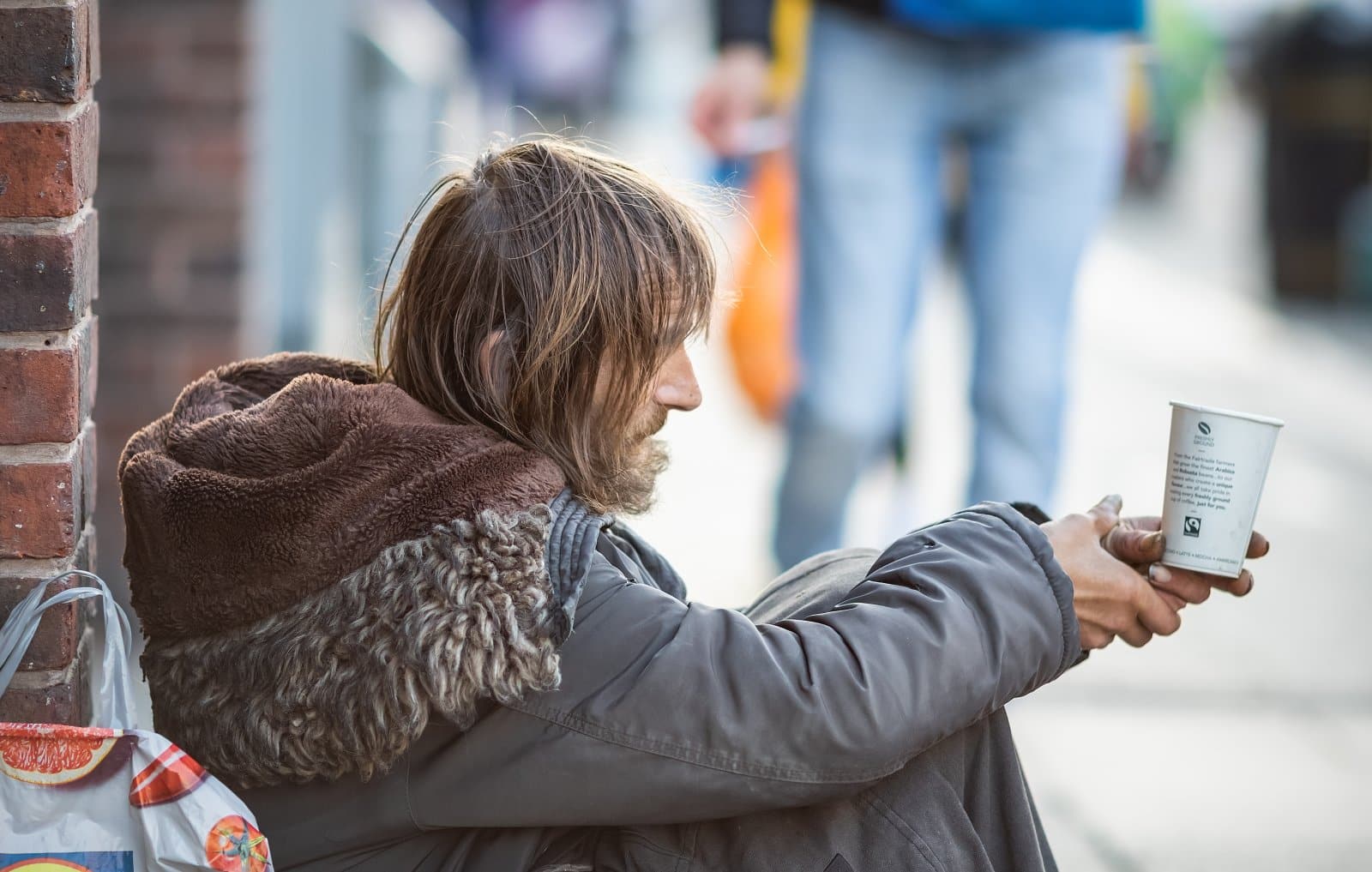
He continued, “Criminalising people who don’t have a home will never be the answer.”
Not So Different

At a time when the cost of living crisis is still ongoing, with new poverty figures showing that many in the UK are struggling with food insecurity, and the numbers of homeless children have increased for the first time since the 90s, many feel that perhaps there is not that much separating themselves from those forced to sleep on the streets.
Reaching the Limit
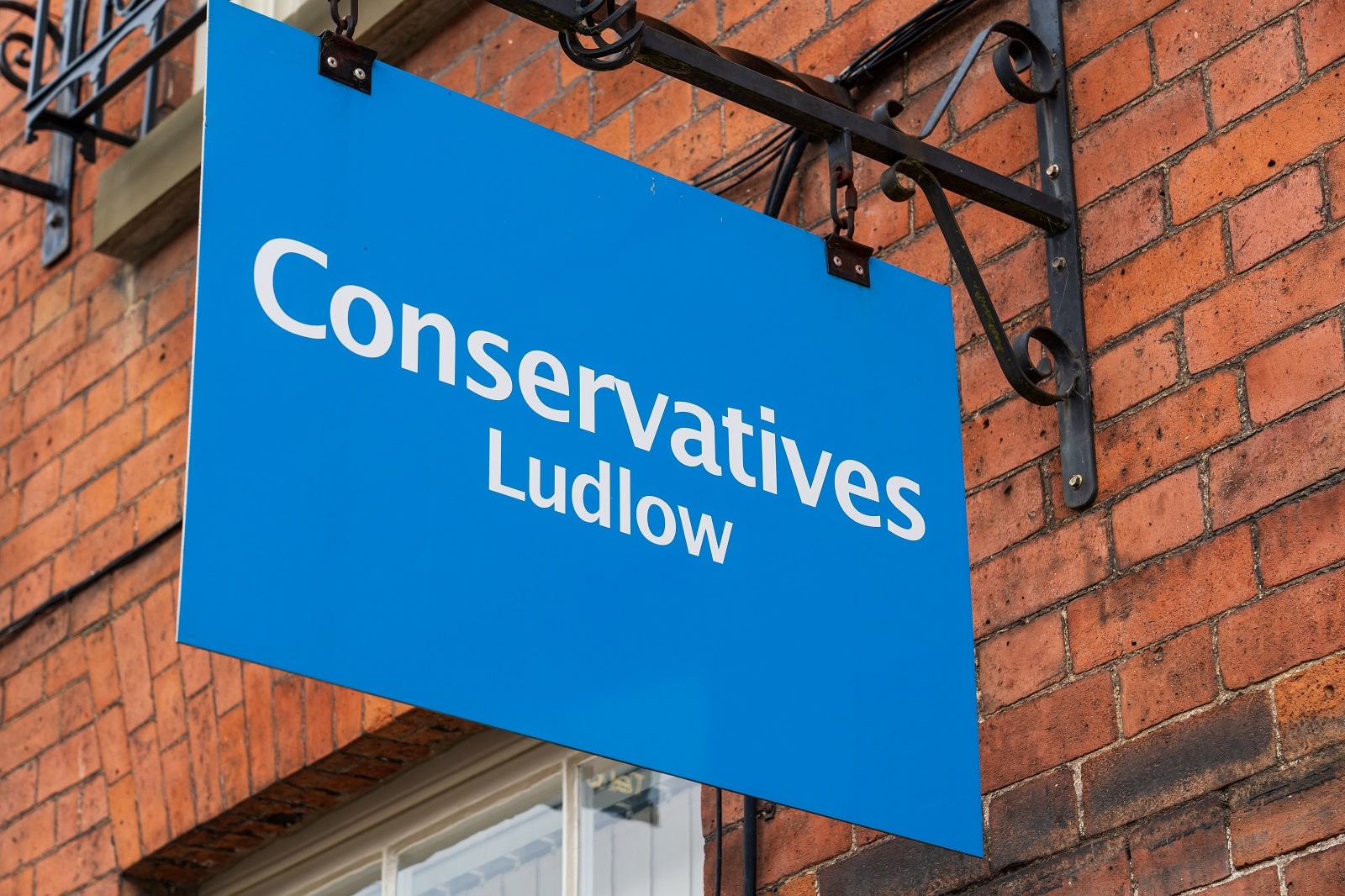
The Conservative government’s retreat from Braverman’s proposal to criminalise rough sleepers based on such arbitrary concepts as “smells” is particularly interesting as it shows that there may be a limit to Braverman’s hard right stance, which many in the Conservative Party would like to see the party embrace.
Dignity and Respect

As it seems that, at least in this case, the human instinct to treat those with the least with dignity and respect appears to have won out against the more base instincts of punishing them, what this means for the future direction of the Conservative Party remains to be seen.
The post Homeless Charities Applaud as UK Government Abandons Plans to Criminalize Rough Sleeping first appeared on Swift Feed.
Featured Image Credit: Shutterstock / Juiced Up Media.

